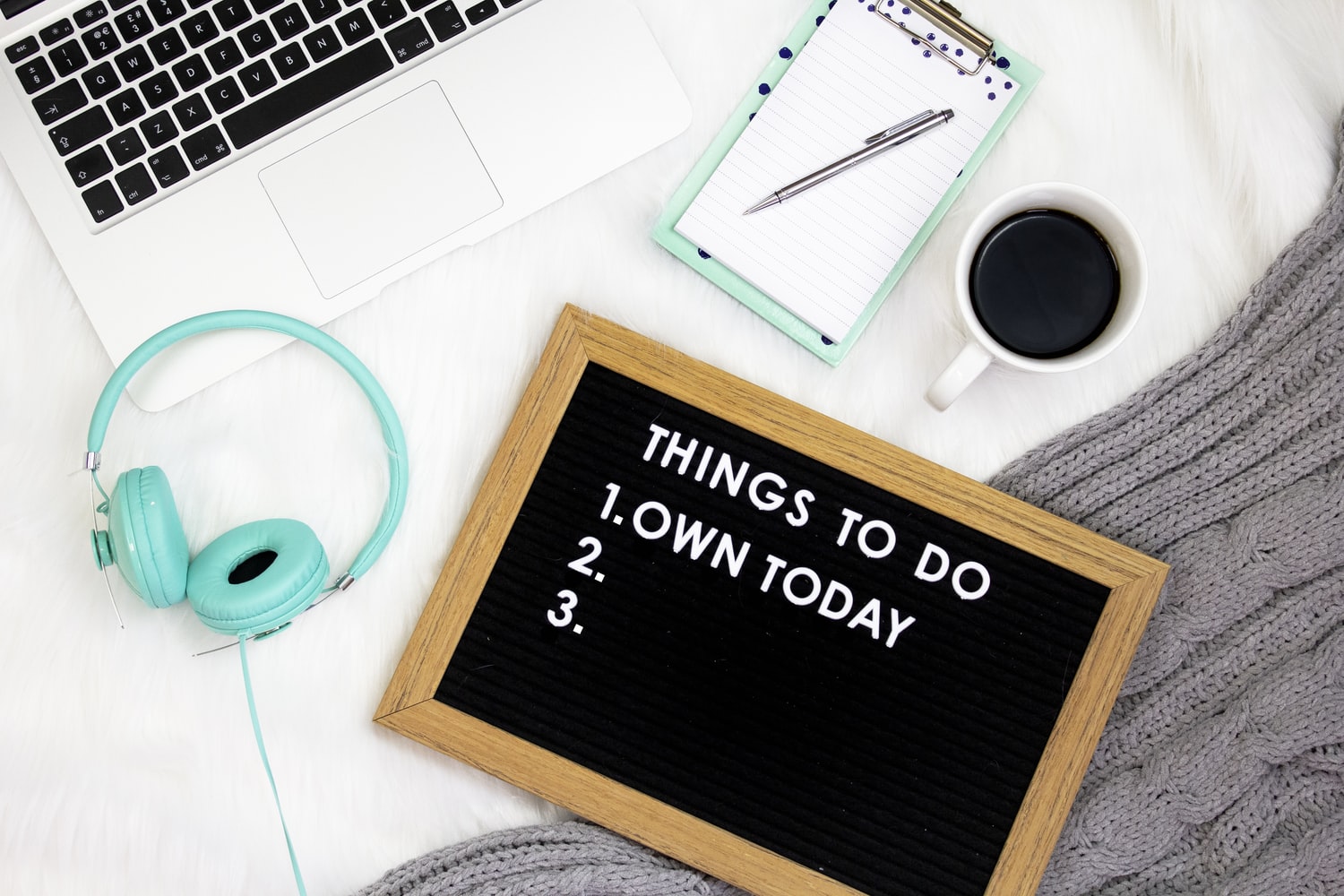Anxiety is a normal reaction to the uncertainty facing us. We worry about our own health as well as the health of those we care about. So, let us help you deal with anxiety from the safety of your home.
It is perfectly okay to admit that this is a stressful time. I mean, we are mid-pandemic. Did you think you would see an actual pandemic like this in your lifetime? Regardless, we are here and we are all dealing with it. For some, physical distancing and self-isolation can be especially difficult. We are all feeling more anxious than usual, so be kind.
Take Care Of Yourself
Proper sleep and exercise are necessary every day. Remember to eat well-balanced meals. Also, take deep breaths and stretch because it will benefit your wellness. It’s important to take care of yourself during this chaotic time.
Try Activities You Enjoy
Allocate time for activities that make you happy. When life is busy, it’s easy to shaft our hobbies to make room for what’s essential. Bring out those knitting needles, books, paintbrushes, etc, and enjoy the brief downtime!
Cut Back On Social Media And News
Hearing about the pandemic on TV or via social media can be highly upsetting, and isn’t much help when you’re trying to deal with anxiety. These constant updates can take a toll on your mental health. So, step back from it once and a while to give yourself a much-needed break.
Connect With People Virtually
Isolation can affect your mood; therefore, find ways to reach out. Just because you aren’t able to hug your friends and family doesn’t mean you can’t see or talk to them. Try FaceTiming or calling!
Get The Facts
Learn more about COVID-19 to reduce your uncertainty. Understanding the risk to yourself and those around you can make the situation feel less stressful. In fact, you may feel more equipped to handle it. Additionally, when you share accurate information regarding the virus, you can help make people feel less afraid too.
Relaxation Methods
Yoga, meditation, and mindfulness are just a few self-management strategies. You can also seek out different coping strategies and find which one works for you.
Develop a Plan
Preparing can further reduce your uncertainty over the future. If you think self-isolation will continue, stock up on supplies for a few weeks (months of supplies are not necessary). Also, if you live alone, schedule regular phone calls or chats with family and friends to stay connected.
Seek Help or Support
Seek additional help or support if you need it. Not sure if you do? Here are a few red-flag signs:
- All you can think about is the coronavirus/COVID-19.
- Anxiety interferes with your daily life by making it impossible to go into public spaces, even if the risk is low.
- You feel hopeless and angry.
- Difficulty eating or sleeping well.
- Physical symptoms manifest such as frequent headaches or an upset stomach, etc.
There are a number of things you can do from the safety of your home to alleviate that nagging anxiety. Try your best, do what you can, and be kind to yourself.

